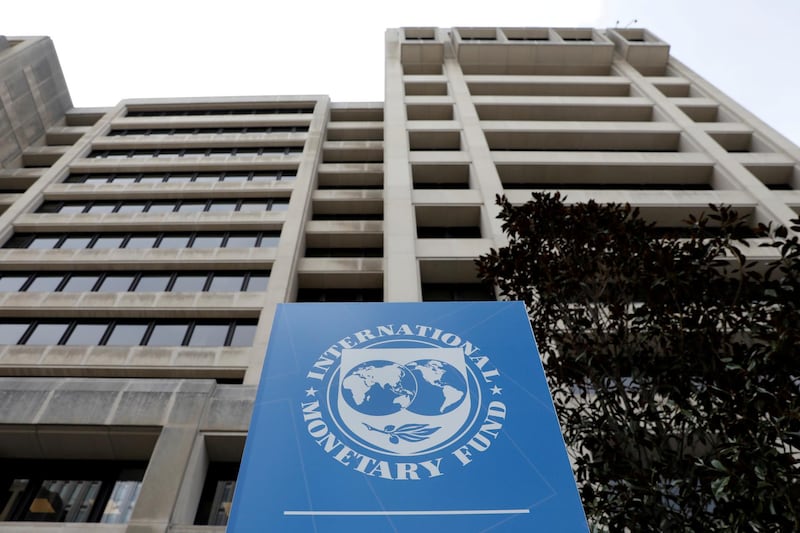Tunisia has managed to contain inflation however, its economic outlook is faced with risks as a result of higher oil prices, weaker growth in the economies of its trading partners, and an appreciation in its currency, which requires greater focus by the government on reducing budget and fiscal deficits, the International Monetary Fund said.
Strong monetary and fiscal policy implementation during the first half of 2019 have helped reduce inflation to 6.8 percent in June from a peak of 7.7 percent a year earlier but more needs to be done to keep inflation lower,the Washington-based international lender said in a statement following a conclusion of a visit by its team to the North African country from July 11 to 17.
"At the same time, risks to the economic outlook for 2019 have increased since the Fifth Review," Bjorn Rother, who led the IMF staff visit to the country said in a statement. "Growth will likely be limited to at most 2 percent, reflecting notably the disappointing performance of industry in recent months,”
“Moreover, the recent appreciation of the dinar, the increase in oil prices, and slower growth in Tunisia’s main trading partners are likely to weigh on the fiscal and external current accounts, despite the more favorable than expected performance of the tourism sector. These trends make it even more critical to stay the course on policy implementation,” Mr Rother said.
Tunisia's economy has been in crisis since the overthrow of Zine El Abedine Ben Ali in 2011 with people struggling due to high levels of unemployment and inflation. Political turmoil and a failure to implement reforms over the past eight years have deterred investment needed to create jobs, forcing the government to implement austerity measures in return for loans totalling about $2.8 billion from IMF.
"Near-term policies should continue to focus on reducing fiscal and external deficits, lowering inflation further, and strengthening the social safety net for low-income households," it said.
The IMF also urged the North African nation to continue strong performance on tax and tax arrears collection as well as additional measures to contain current expenditures, including through continued moderation of the wage bill and energy subsidies, in an environment of higher international oil prices.
“Meeting the budget deficit target of 3.9 per cent of GDP for 2019 is critical to slow down the accumulation of public debt that reached 77 per cent of GDP at the end of 2018," Mr Rother said. "Monetary policy should remain geared towards reducing inflation that erodes the purchasing power of Tunisians, while exchange rate flexibility can support an improvement in the current account and international reserves."







